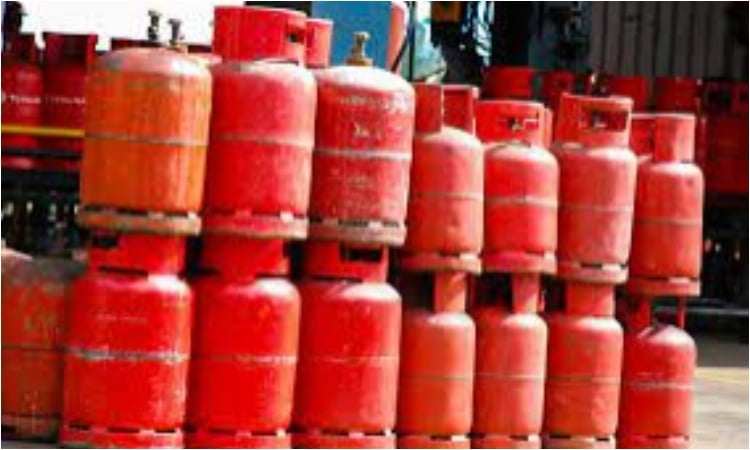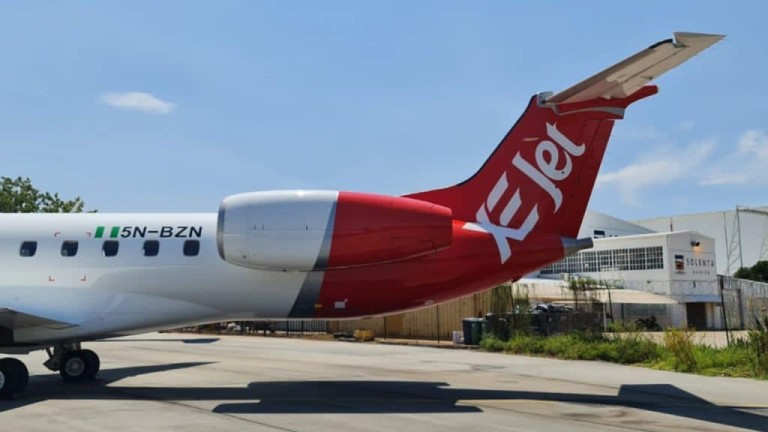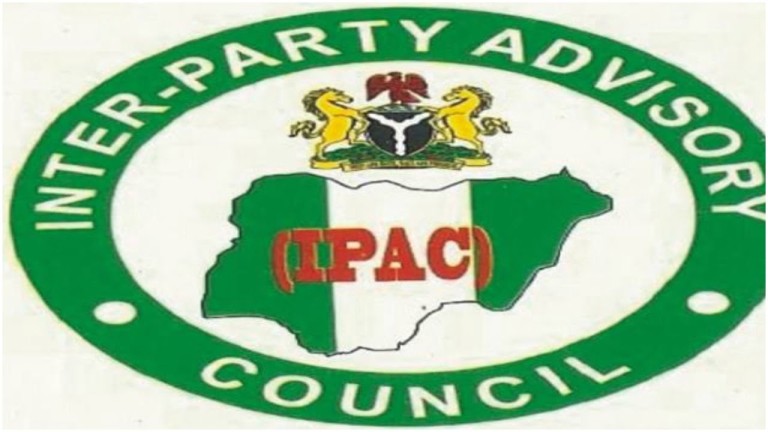2 mn readThe latest report from the National Bureau of Statistics (NBS) raises concerns after revealing that the average cost of refilling a 12.5-kilogram Cylinder of Liquefied Petroleum Gas, Cooking gas, increased by 55.22% to ₦15,929.04 in March from ₦10,262.56 in the same month last year.
The price of cooking gas also rose by 5.77% month-on-month to ₦15,929.04 in March 2024, compared to ₦15,060.38 in February.
When looking at state profiles, Sokoto had the highest average retail price for refilling a 12.5kg Cylinder of Liquefied Petroleum Gas (Cooking Gas) at ₦17,833.33, followed by Osun at ₦17,588.46 and Anambra at ₦17,417.65.
Conversely, Katsina had the lowest average price at ₦12,400.00, followed by Kebbi and Bauchi at ₦13,137.50 and ₦14,484.25, respectively.
The South-South region had the highest average retail price for refilling a 12.5kg Cylinder of Liquefied Petroleum Gas (Cooking Gas) at ₦16,859.85, followed by the South-East at ₦16,734.87.
On the other hand, the North East had the lowest price at ₦14,943.48. This information is significant considering the current high inflation in Nigeria.
The Bureau is set to release April’s inflation data next week. In the meantime, the country’s headline and food inflation rates rose to 33.20 per cent and 40.01 per cent, respectively, in March 2024.
Meanwhile, the Governor of Abia State, Alex Otti, has called for the establishment of widespread agricultural ventures across the country.
Naija News reports that the governor articulated this vision during a capacity-building training program for the first batch of 300 candidates selected for agricultural training at CSS Global Integrated Farm in Nassarawa State.
Highlighting the alarming financial burden of food imports on the national economy, Governor Otti revealed that Nigeria spent approximately N7.8 trillion on food imports over the past six years.
He expressed concern over the country’s dependency on imported food despite possessing vast expanses of arable land.
“It is a shame that a country of over 200 million people, with so much arable land, spends so much money importing food,” Otti stated.
The governor’s statistics underscored the severity of the situation, with N1.9 trillion spent in 2021 alone and around N2 trillion annually in subsequent years.
“When you spend over 11% of your total budget importing food, it is a big shame, particularly when you are blessed with land,” Otti added, referencing the recent national budget, which approximates N28 trillion for 2024.
The two-week agricultural training program is part of a strategic effort to boost local food production and reduce the nation’s reliance on imports.
Governor Otti urged the trainees to use this opportunity to acquire the necessary skills and knowledge to drive agricultural transformation in their communities and the state at large.
Otti also reassured participants of the state government’s full support, noting that all expenses related to the training program, from inception to completion, would be covered.
He emphasized the dual benefits of this initiative, which aims not only to secure food supplies but also to address unemployment and foster socio-economic stability through agriculture.

























